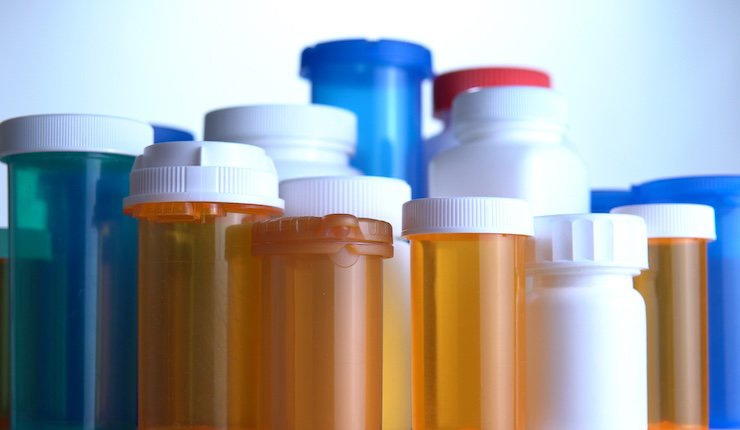The use of plastic packaging in the pharmaceutical industry is crucial for ensuring the safety and efficacy of pharmaceutical products. Plastics have unique properties that make them suitable for pharmaceutical applications, such as versatility, durability, and ability to be sterilized. However, the industry is increasingly focused on reducing plastic waste and exploring sustainable alternatives. Companies are already making efforts to reduce or eliminate plastic use, such as shifting from single-use boxes to reusable packaging and developing plastic-free packaging for vaccines. The testing and validation of new materials is a long and complex process, requiring significant resources and time.
Regulatory frameworks can impact the ability to innovate in packaging materials, and harmonized extended compliance periods can provide flexibility for companies to adopt sustainable alternatives. Bio-based and recyclable materials are being explored, but their use is limited by technology and market development constraints. Industry-wide commitments and initiatives exist to reduce plastic use, such as the Circularity in Primary Pharmaceutical Packaging Accelerator and the Innovative Health Initiative’s Safe & Sustainable by Design project. These efforts aim to promote eco-friendly healthcare products and reduce waste in the pharmaceutical industry.
